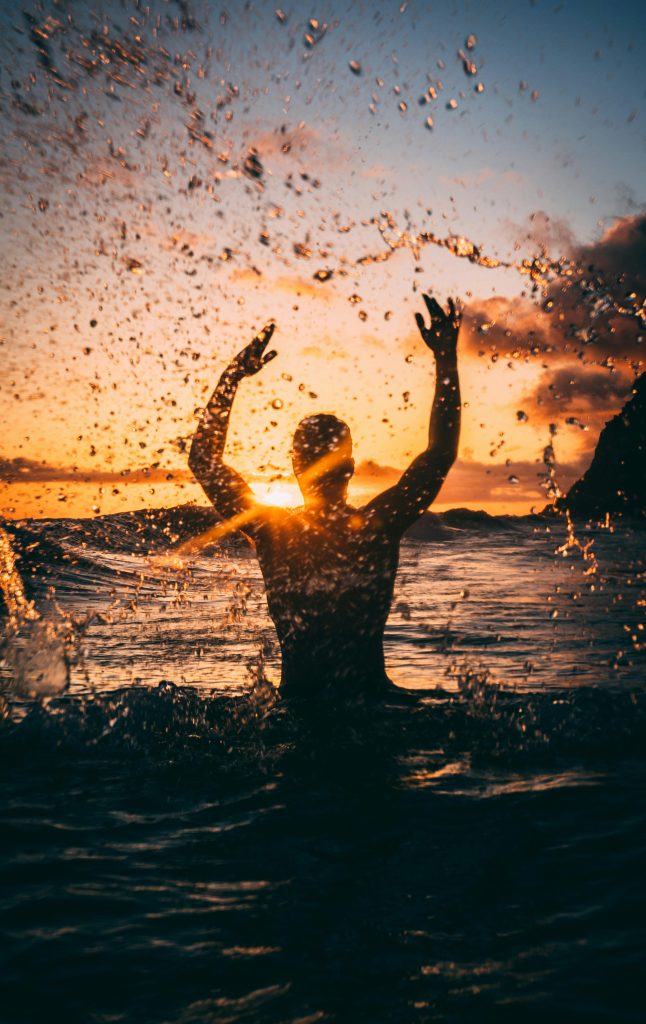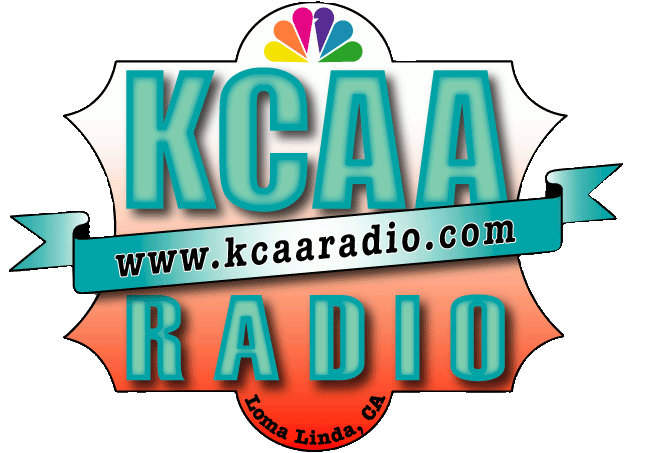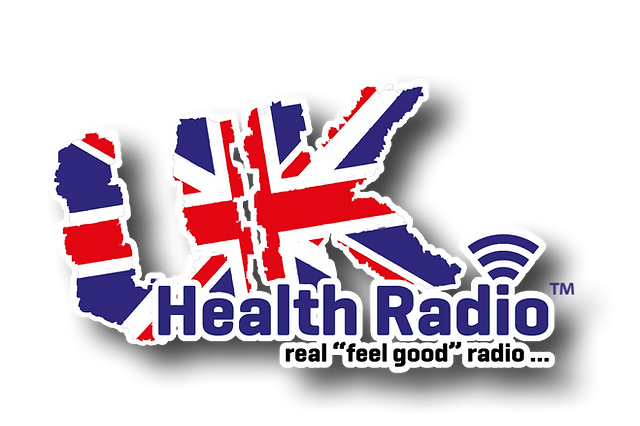AGING IS A CHOICE Part 9 – Replacing This with That…
By Robert Manni

One of the keys to successful aging is making the right choices to benefit and reflect the different phases of life. By being open-minded and adaptable, you can love what you do and not give up what you love just because you are getting older. Review some long-time behaviors and practices and see how they suit your life now. I’ve found making a few tweaks here and there go a long way in maintaining my quality of life, and even improving it. Here are some examples of how I adapted my habits to be vital and full of energy. Maybe they’ll give you some ideas on how to increase your general wellness and health.
Less running, more swimming
Being active is something I love. As a lifelong runner with three completed marathons during my forties, cutting back on running was a challenge. But a lingering injury finally caught up with me one afternoon when I was racing my eight-year old son. My hip seized up suddenly and put me out of commission for six months. For the first time in decades, I couldn’t run. Being active and maintaining my fitness is important to me, so I needed something to do when I was not running. I decided to join my son in his swim practices. While he took his swim lessons I’d slip into the other side of the pool and do laps.
It was not an easy transition. I was not a good swimmer. At first, I breathed heavily and tired easily. I took a few lessons and watched YouTube to improve my stroke and breathing techniques and just kept at it. After a month of swimming, I was hooked. It’s been two years off from running, and now physically I can handle the run, but I feel at this juncture, swimming is a better choice for my fitness and stamina because it creates less stress on my joints. I have discovered another activity that I love and look forward to training and increasing my laps whenever I get into the water.
Less long nights, more early starts
When I worked in advertising, I was single in Manhattan. I spent many late nights eating and drinking with clients and colleagues. After hours spent in restaurants, events, and lounges, I’d return home still wound up. I’d stay awake for hours watching television or noodling on the computer. Before I knew it, it would be after 2am and I’d crash on my couch or pass out in bed until it was time to start another day with coffee to replace the hours of sleep I needed. Living this way for decades took its toll on my health. I paid the price for this non-stop always on-the-go lifestyle when I got to my fifties. It took two robotic surgeries to wake me up and make me adapt my routine to a better one.
It all came together. I said goodbye to bachelorhood and finally got married. A year later we had a child. My routine adapted again. I started staying home at night. And, after chasing my son during the day, switching from a night owl to an early bird was a transition I embraced. I found it easier to get to bed and get up in the morning. Now my mornings are extremely important to me because it is time devoted to my personal daily practice for health and well-being. These days, I rarely get to bed after eleven and am awake by six o’clock. I begin my day with affirmations, prayers of gratitude, dowsing, meditation, and a forty-minute fitness routine that features bodyweight exercises and stretches. It really does the trick. Between my morning routine and swimming, my fitness is at a higher level now than it was ten, maybe even twenty years ago.
Less drinking, more hydration
Studies show over eighty percent of adult Americans are dehydrated. I’m willing to wager that older people experience even higher levels of dehydration than younger people. Why? In general, the aging process causes us to experience less thirst. So even though our bodies need more water, our bodies won’t send the thirst signal to make us drink. Add to that, drinking alcohol will remove more water from our bodies than it puts in. It’s a double whammy if you’re already dehydrated to begin with. I’m not suggesting you eliminate alcohol, but as you age you need to be careful of how much alcohol you drink and how much water you consume while drinking.
I developed a simple protocol for adding liquids to my daily routine. I keep a glass liter of alkaline water next to my bed. If I wake up during the night, I chug the water. Does this make me pee? Sometimes, but so what? I go right back to sleep. I make sure I finish off the liter of water before getting out of bed the next morning. Once I’m awake and out of bed, I fill a twenty ounce glass with purified water and squeeze half an organic lemon into it. I drink it down all at once and then swish my mouth with salt water to neutralize the citrus on my tooth enamel. These nightly and morning practices keep me regular and provide a good start to a day of hydrating. I do my best to continue drinking water throughout the day. Sometimes I fail but at least I got in some quality hydration to begin my day. An interesting side note, when I increased my daily water intake, I began to feel more thirst. It was ironic, because as I was drinking a lot more fluids, I became thirstier. It’s like the body’s signaling system got turned back on so now I knew when my body needed water. Over time, my body has felt the difference. Staying hydrated, I feel great, and I don’t feel parched and rarely experience thirst during the day.
Less weights, more stretching
I believe strength training is important to our health. Over time, my desire to hoist heavy dumbbells has diminished. I like working out hard, but I know the potential for pulling something and creating a lingering issue increases with age. So, I simply shifted my focus beyond barbells and weights to exercises built around body weight resistance and stretching. Now, it’s less weights and more push-ups. I won’t be as bulky and that’s a good thing.
Who enjoys stretching? Not me. But it’s important, particularly as we age. Keeping our muscles lean and smooth keep our bodies more flexible. It increases our range of motion, so we aren’t as stiff and susceptible to injury. It also helps us feel more comfortable in our bodies as it wards off little aches and pains by boosting circulation and removing toxins from our lymph, glands, and joints. Adding a series of stretching movements to my morning routine has paid off. I feel looser and more limber than I did in decades.
These are just a few changes I’ve made to my daily routine to enhance my lifestyle and wellbeing. Each practice has provided tangible benefits, without feeling I have given up anything. Remember, the choices we make while aging can make a significant difference in how we feel and age. Choose wisely and you will be rewarded!







